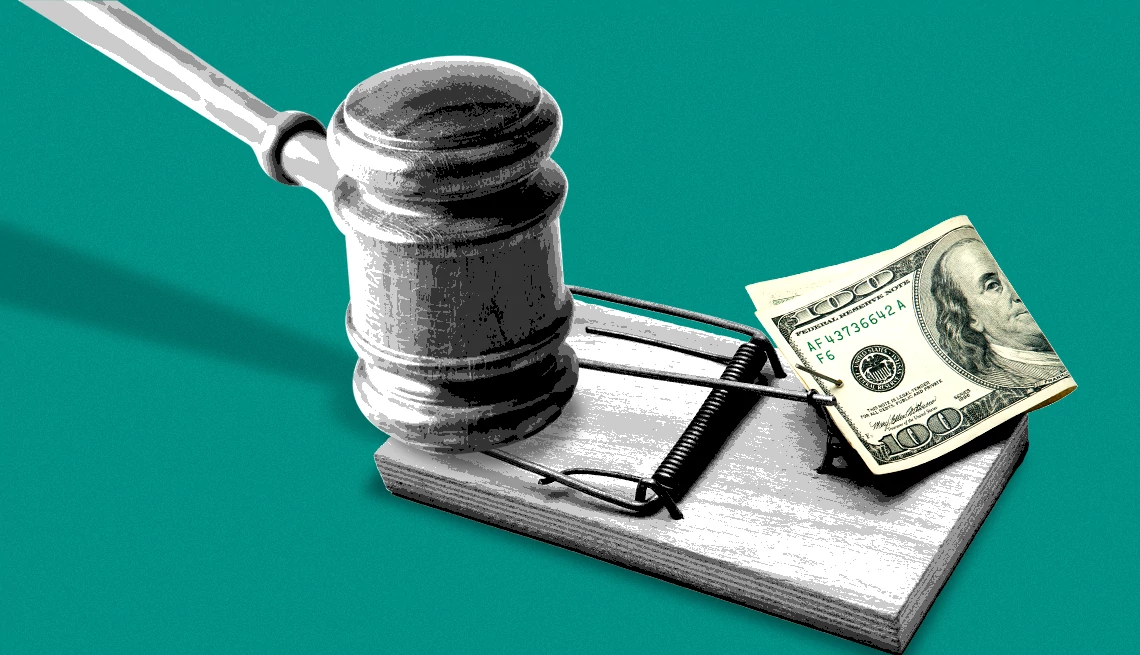AARP Hearing Center


With prices rising over the last few years, many Americans live paycheck to paycheck. To cover shortfalls, some are turning to new financial platforms that promise early access to their wages. But often, these pay advances come with high and hidden fees — and can trap borrowers in an endless cycle of debt.
That’s why AARP is supporting a proposed federal rule that would strengthen regulation of these paycheck advance platforms, also known as Earned Wage Access products.
We wrote to the head of the Consumer Financial Protection Bureau last week in support of an agency proposal that would subject these products to the same federal regulations as any other loan.
“The proposal makes clear that if workers obtain money that they are required to repay through a paycheck deduction, that’s a loan under existing federal law,” CFPB Director Rohit Chopra said in a statement announcing the proposal in July. “This means that lenders must disclose an accurate interest rate in accordance with longstanding rules covering loans.”
Loans often lead to repeat borrowing
Employees can access early wage access products in two ways. The first way is through an employer that contracts with a third party offering the service. The second is by opening an account with a paycheck advance app.
Learn How AARP is Fighting for You
AARP is your fierce defender on the issues that matter to people 50-plus. Read more about how we fight for you every day in Congress and across the country.
With work-sponsored programs, the financial platform advances the funds to the worker and then recovers the amount plus any fees out of the worker’s next paycheck, either through a payroll deduction or direct deposit. With direct-to-consumer apps, workers repay the advance by linking their bank account, similar to a payday loan.
Although some employers cover the cost of the service, many paycheck advance products charge transaction fees or encourage borrowers to “tip” them through the app.



































































More From AARP
Meet the 7 New AARP Purpose Prize Winners
Organizations will receive $50,000 each to improve communitiesAARP Supports Rule to Remove Medical Debt
Unpaid medical bills can’t predict creditworthiness, AARP saysAARP Fights Age Discrimination in Tax Code
Bill aims to remove the upper age cap on the Earned Income Tax CreditRecommended for You